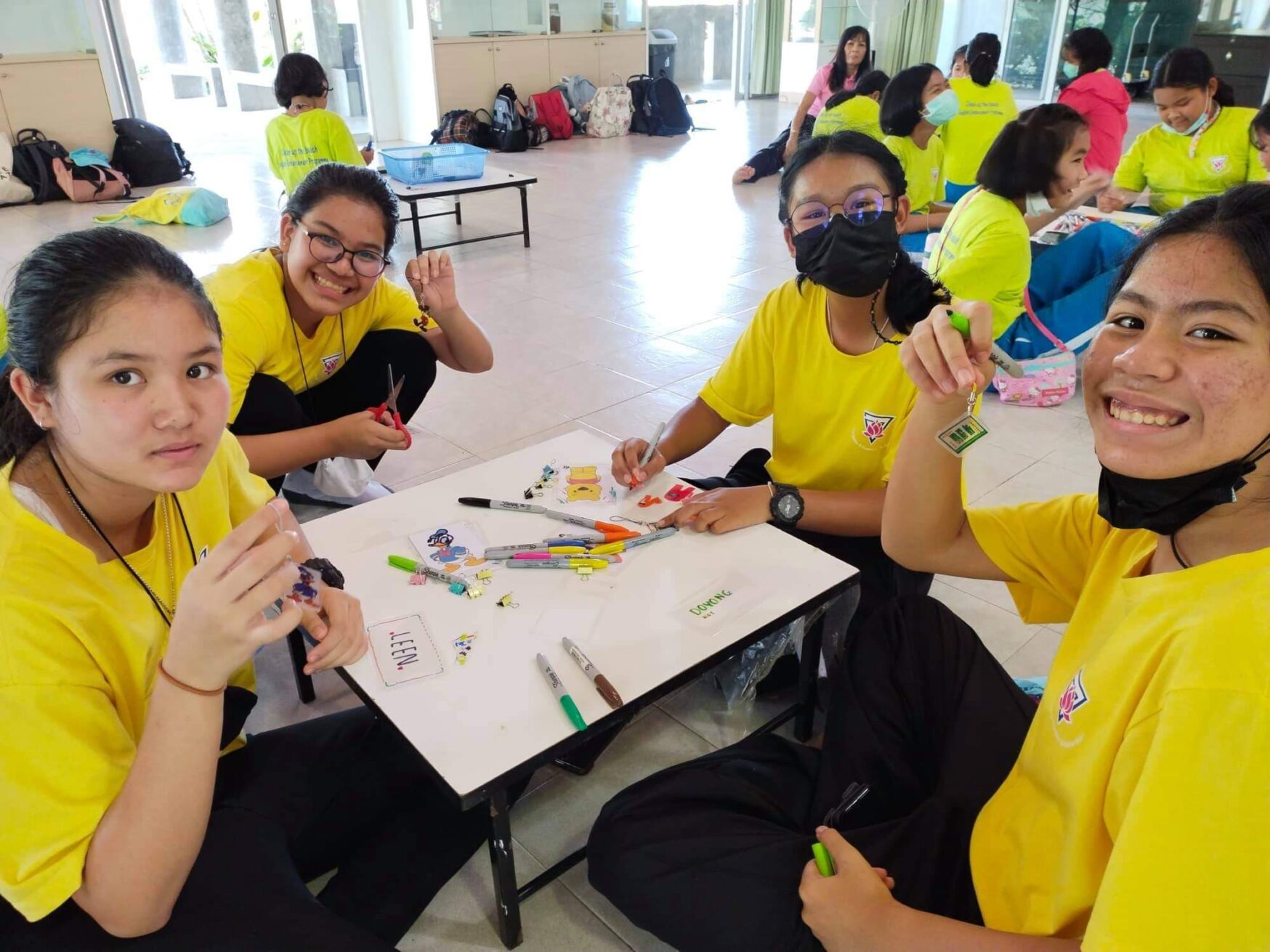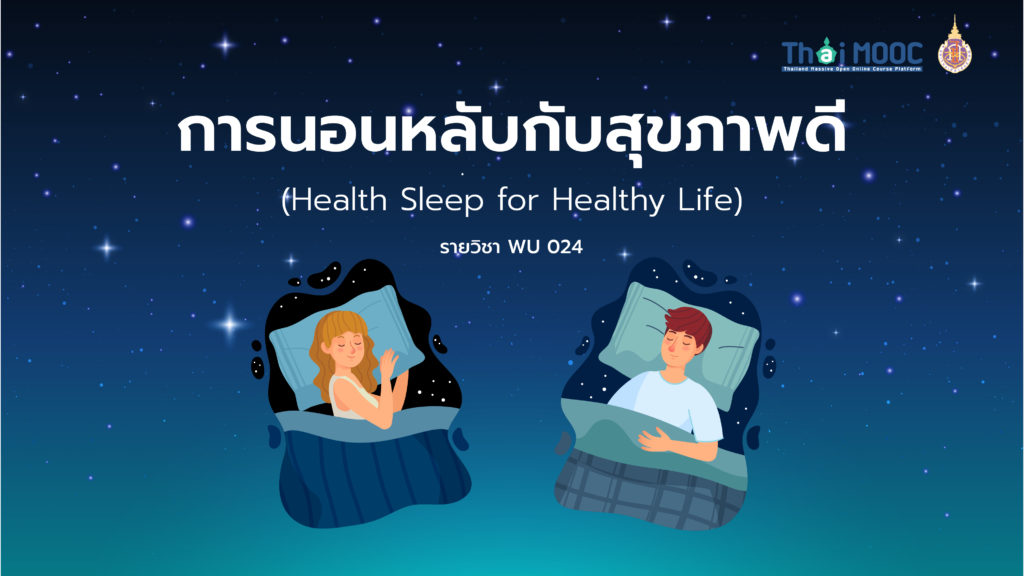Walailak University’s Commitment to Provide Free Access to Inclusive Educational Resources and Lifelong Learning
Walailak University possesses contemporary educational resources, including skilled personnel and facilities for public education with international standards. These educational resources are harnessed to facilitate the broader populace’s access to higher education, fostering the establishment of learning society. Walailak University provides free courses leading to certificate, free access to campus facilities and equipment and free access to online resources for people who are not studying at the university as follows:
Training courses: The university department offers a range of training programs designed to cater to diverse needs, creating opportunities for individuals of all genders, ages, and professions to access free education aligned with their interests. Upon completing these courses, participants will be awarded a certificate to validate their acquired knowledge. These training courses serve as hands-on activities for honing science and technology skills through a combination of instruction and practical experience at the learning center within the laboratory, hosted by the Center for Scientific and Technological Equipment and Walailak Botanic Park.

Online learning courses: Walailak University has established an academic partnership with The Ministry of Higher Education, Science, Research and Innovation (MHESI) to oversee distance education through free online courses, with a strong emphasis on open education and lifelong learning. This collaboration also involves a strategic alliance with the Thailand Cyber University (TCU) Project to advance and support electronic media-based teaching and learning. They utilize the Inter University Network (UniNet) to create free online lessons and course sets for mutual benefit. In addition to these initiatives, Walailak University, in conjunction with MHESI, offers complimentary online classes for open education, collectively known as WUMOOC. These courses provide to a wide audience, including subjects such as Creative Thinking for Personal Development, Information Ethics for Digital Citizenship, Healthy Sleep for Health and Safety, and Occupational Health Life. This cooperative effort is dedicated to expanding educational opportunities, making higher education accessible, and fostering lifelong learning. Furthermore, Walailak University extends its educational and professional training offerings to encompass teachers, lecturers, students, citizens, government agencies, and private sectors. It also offers interdisciplinary informal education options for those interested in self-study to enhance knowledge and improve their quality of life and work. Additionally, the Center for Academic Services produces programs like “Walailak to Society” and the “Good Health Good Life at Walailak” radio channel, disseminating valuable health-related information to the public.

Free access to library services: The Center for Library Resources and Educational Media (CLM) offers complimentary access to its library services to individuals outside of Walailak University. This initiative is aimed at supporting lifelong learning by providing access to library facilities, research resources, in-house information resources, and computer or other devices. For those who are underprivileged or have disabilities, CLM goes the extra mile to facilitate access, ensuring wheelchair-friendly aisles and offering a Braille book service to make information accessible. Furthermore, a dedicated website has been established to provide free access to online resources, supporting the educational needs of students, teachers, and the general public. This platform enables everyone to access online services from anywhere and at any time, accessible through the website https://library.wu.ac.th. This service is open to the public sector, allowing them to search for and access information. Simultaneously, CLM extends an opportunity to both students and the public to explore and connect with various information sources, facilitating and promoting lifelong learning, such as searching the Union Catalog to borrow materials from different libraries.
Computer Technology Services: The Center for Digital Technology (CDT) extends complimentary access to university facilities and equipment to nearby schools facing challenges in computer and technology education. Consequently, CDT offers free computer services, along with technical guidance from their personnel, to support computer-related courses. This initiative aims to create opportunities for students to access a range of contemporary learning resources.
Goal 4: Quality Education

